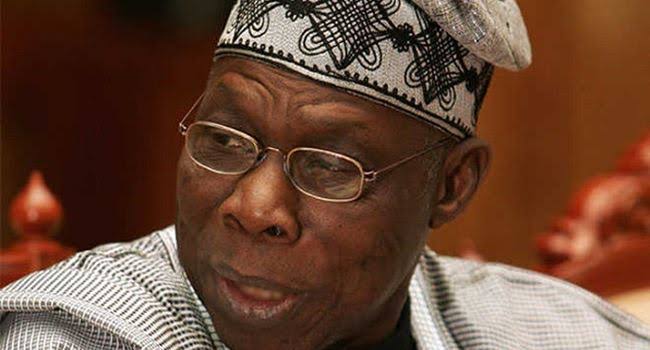
Former Nigerian President Olusegun Obasanjo has provided rare insights into the political maneuvering around his alleged third-term ambition, addressing a topic that has fueled speculation and debate for years. Obasanjo clarified that while he did not personally instigate efforts to amend the constitution for an extended presidency, he was aware of powerful allies pushing the agenda.
The third-term bid unfolded near the end of Obasanjo’s second term (2003-2007), as some politicians and supporters suggested a constitutional amendment to allow him to seek another term. This move led to a fierce national debate over its implications for Nigerian democracy, particularly because Nigeria’s constitution limited presidents to two terms. Obasanjo, however, recently emphasized that he did not actively pursue this extension, attributing the initiative to a network of political associates who believed he should continue in office.
Significant opposition arose both within Nigeria and from other African leaders. Thabo Mbeki, then-president of South Africa, revealed that he had voiced strong concerns, fearing a third term would undermine democratic stability in Nigeria and set a troubling precedent for the continent. Mbeki reached out to former Nigerian military leader Abdulsalami Abubakar, who shared his stance and helped mobilize against the proposed amendment. They both engaged with Nigerian legislators and citizens, cautioning against the possible effects of such a constitutional change. Together, they rallied support to prevent the amendment from passing, influencing the Nigerian Senate’s decisive rejection of the third-term proposal.
Reflecting on the events, Obasanjo’s statements acknowledge the involvement of influential allies, but he distances himself from the initiative. In his view, while supporters felt his leadership was needed beyond two terms, he himself did not pursue the constitutional change with intent. His clarification sheds new light on a topic that has remained a focal point in discussions of Nigeria’s democratic evolution, underscoring the need for democratic resilience and vigilance against potential power extensions.




